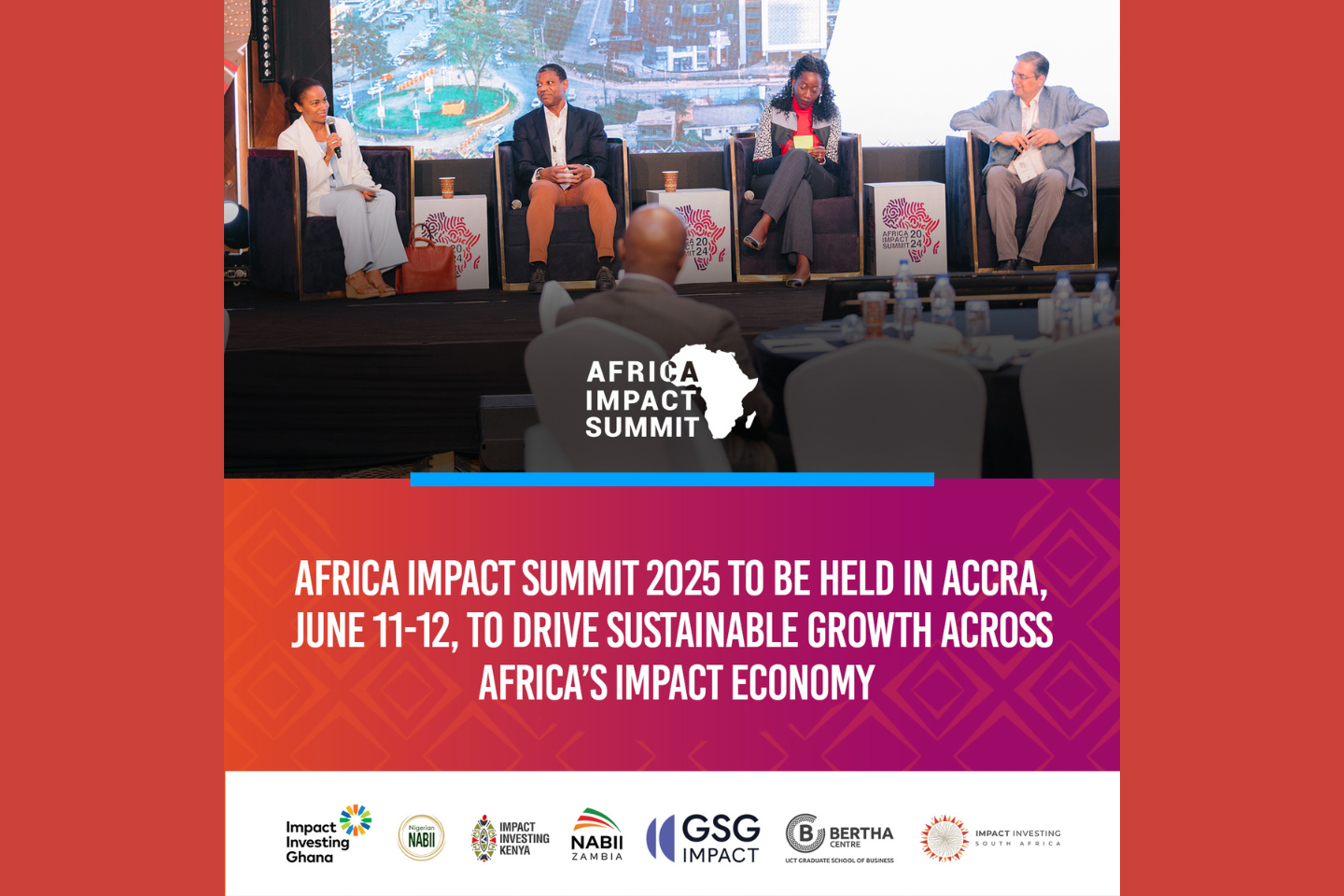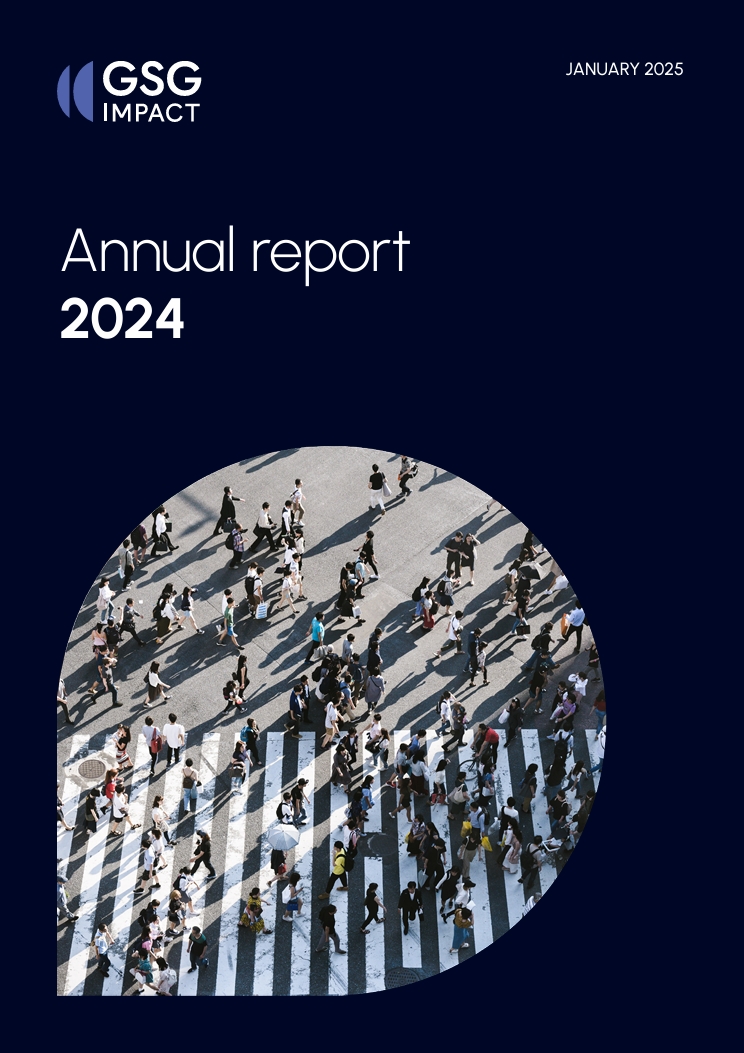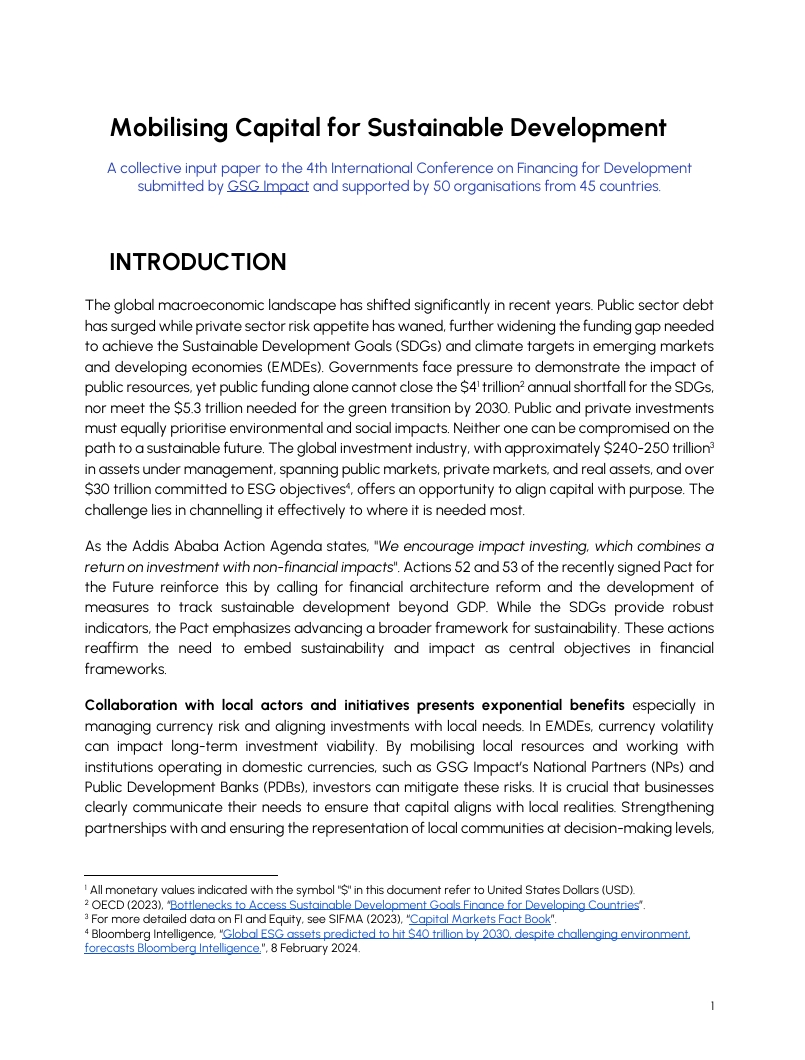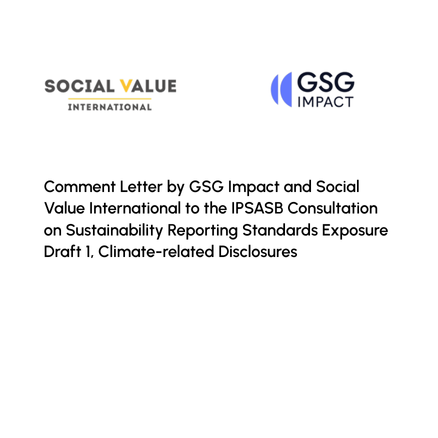
The study finds that Dutch financial sector players including pension funds, asset managers and public investors have currently invested assets worth an estimated €150-180 billion for impact, accounting for 4-6% of all Dutch assets under management. The Netherlands is strongly positioned to become a global leader in impact investing. However, the percentage of impact investments in total Dutch assets under management remains below the 5-7% needed every year to achieve the Sustainable Development Goals by 2030.
The report is developed by our Dutch National Partner, the Netherlands National Advisory Board on Impact Investing, in collaboration with KPMG.

What are the key barriers to scaling impact investing in the Netherlands?
Major barriers include regulatory challenges, lack of standardized impact metrics, limited data sharing, and a lack of mature investment opportunities that meet institutional investors' risk and return criteria.

How can the Netherlands increase the flow of capital to impact investments?
Increasing collaboration between public and private sectors, simplifying regulations, and developing standardised impact measurement frameworks will help mobilise more capital toward impact investments.

What role do institutional investors play in impact investing in the Netherlands?
Pension funds and institutional investors manage a large portion of the country's assets, but they currently allocate only 7% of their portfolios to impact investments.

Which Sustainable Development Goals (SDGs) are prioritised by Dutch impact investors?
Dutch investors focus primarily on SDG 13 (Climate Action), SDG 8 (Decent Work and Economic Growth), and SDG 7 (Affordable and Clean Energy).









